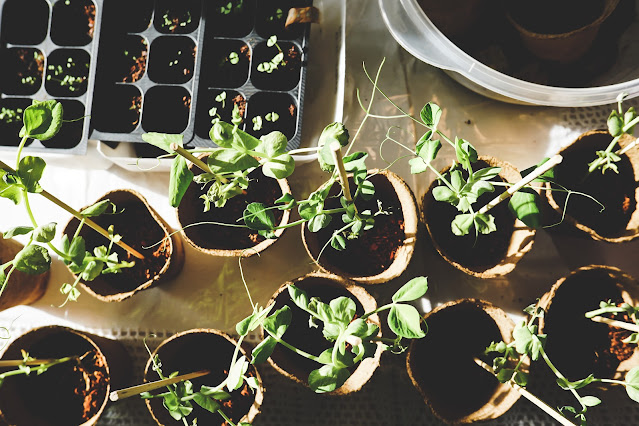If you're concerned about the environment and want to take your gardening to the next level, it helps to have some eco-friendly gardening tips in mind before you start getting your hands dirty.
Follow these guidelines, and you'll find that being eco-friendly doesn't mean sacrificing any of the fun of having your own garden!
Collect rainwater
The rainwater collection is not only eco-friendly, but it's also economical. Collecting rainwater can help save money on water bills and reduce your carbon footprint.
Start building your own compost heap
The first step to creating your compost heap is finding an appropriate space. This can be in your backyard, garden, or even a pot on the patio.
Now that you've found your ideal location, it's time to start building! The only prerequisite is that the area needs good drainage and is not too wet. You're all set as long as it gets enough sun.
Try out aquaponics
Aquaponics is the practice of combining fish farming with hydroponics (growing plants without soil). It's been around since the ancient Aztecs, but it has only recently become famous worldwide.
Aquaponics has many benefits: it uses 90% less water than traditional gardening. It offers several health benefits to people who eat the vegetables and herbs grown in an aquaponic system.
Make use of chicken manure in your garden
If you want to improve your soil and enrich it with nutrients, it's best to use organic matter.
Chicken manure is an excellent organic fertilizer that will feed the soil's microbes, helping them break down dead plant material.
Keep the soil fertile using biochar (charcoal)
To keep the soil fertile, it can be beneficial to use biochar. Biochar is charcoal heated to a high temperature in an airless environment.
This process helps break down the materials and create charcoals with highly high carbon content. As biochar breaks down, it releases minerals and nutrients into the soil that could not have been released without oxygen from burning.
Use biological pest control methods like Ladybugs
Ladybugs are one of the best ways to control your garden's pest problems without pesticides. Ladybugs feed on aphids, mealy bugs, and other soft-bodied insects.
They also fly away from plants when disturbed and will only eat as much as they need to survive, which means that you can release them in the garden and not have to worry about them multiplying uncontrollably.
Plant native species as they require less care compared to exotic plants
One way to make your garden more sustainable is by choosing plants native to your region. Exotic plants require more water, fertilizer, and pesticides than native species, making them less eco-friendly.
Plus, native species provide food and shelter to local animals. If you want help finding the right plant, check out this comprehensive guide on gardening with natives!
Avoid using harmful chemicals and pesticides in your garden
It is essential to maintain an eco-friendly garden, which means using chemical and pesticide-free practices.
One way to avoid these chemicals is by using organic pest control methods such as companion planting, natural predators, and crop rotation.
